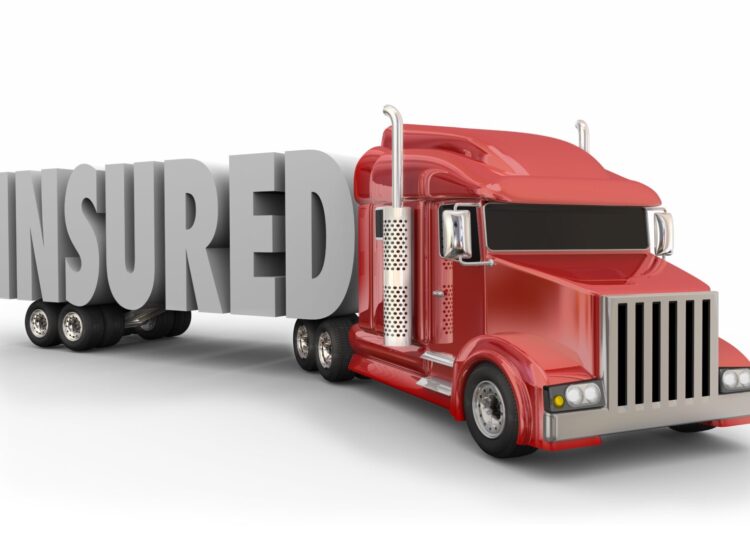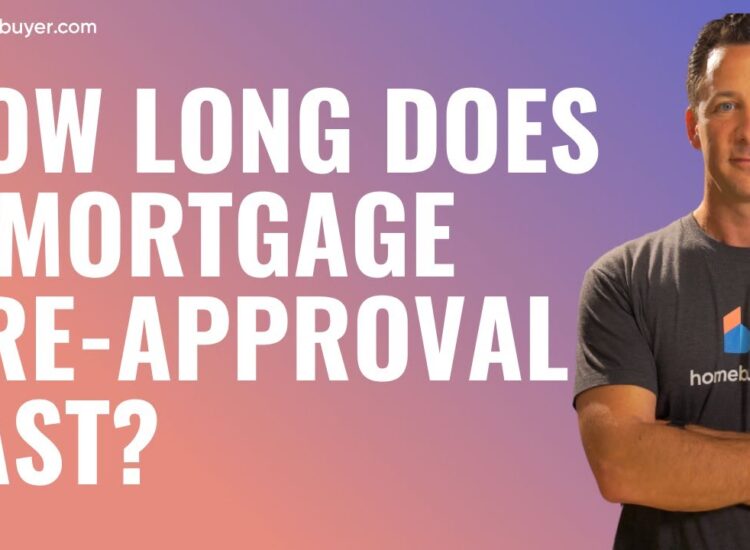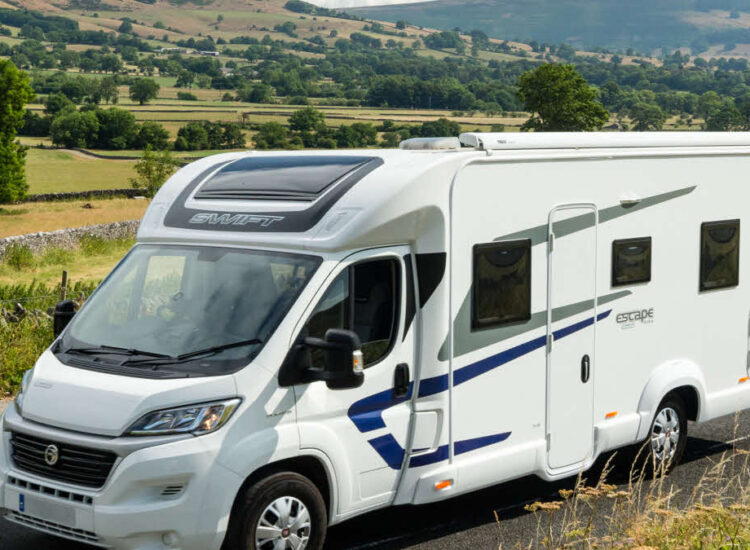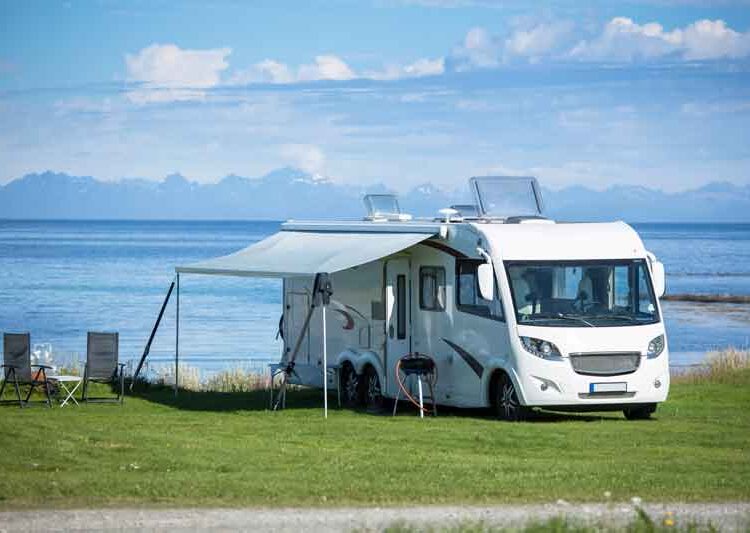Owning a truck, whether it’s a rugged pickup for personal use or a heavy-duty rig for commercial hauling, comes with a sense of power, capability, and freedom. Trucks are built to work hard, haul heavy loads, and tackle challenging terrain. But alongside the utility and performance comes the essential responsibility of insurance. Truck insurance protects your significant investment, covers potential liabilities on the road, and is legally required in most places.
Toc
- 1. Understanding Truck Insurance: Personal vs. Commercial
- 2. Detailed Factors Affecting Truck Insurance Costs
- 3. Essential Types of Truck Insurance Coverage
- 4. Related articles 01:
- 5. Proven Strategies for Finding Cheap Truck Insurance
- 6. Related articles 02:
- 7. Common Mistakes When Looking for Cheap Truck Insurance
Understanding Truck Insurance: Personal vs. Commercial

Before diving into how to find cheap truck insurance, it’s vital to distinguish between personal and commercial truck insurance, as their costs, requirements, and complexities differ vastly.
- Personal Truck Insurance: This is insurance for a truck used primarily for personal transportation, commuting, and non-business-related hauling (like moving personal items or towing a recreational trailer). It’s similar to standard auto insurance but may have higher rates due to the truck’s size, weight, and potential for greater damage in an accident compared to a smaller vehicle.
- Commercial Truck Insurance: This is insurance for trucks used for business purposes, such as hauling goods for hire, construction work, landscaping, delivery services, or any activity generating income. Commercial truck insurance is significantly more complex and expensive due to the increased risks involved (higher mileage, heavier loads, operating in different locations, regulatory requirements). It includes coverages specific to business operations.
While some principles for finding cheap truck insurance apply to both, the strategies and available options for commercial insurance are often more specialized. This guide will cover aspects relevant to both but highlight specific points for commercial operators where necessary.
Detailed Factors Affecting Truck Insurance Costs
Let’s break down the specific elements insurers evaluate when calculating your truck insurance premium. Each of these presents a potential area where you might influence the cost of your cheap truck insurance.
- Truck Specifics:
- Make, Model, Year: Impacts value, repair costs, and safety ratings. Newer, more expensive models cost more to insure.
- Size and Gross Vehicle Weight Rating (GVWR): Heavier trucks generally have higher liability premiums.
- Body Type: Dump truck, box truck, flatbed, pickup, etc., each has different risk profiles.
- Engine Size/Horsepower: Can sometimes influence rates based on performance and potential speed.
- Safety Features: Anti-lock brakes, stability control, advanced driver-assistance systems (ADAS) can potentially lower rates.
- How the Truck is Used (Usage):
- Personal vs. Commercial: As discussed, commercial use is significantly more expensive.
- Mileage: Higher annual mileage generally means higher risk and higher premiums.
- Type of Commercial Operation:
- Radius of Operation: Local (within 50-100 miles), Intermediate (within a few states), or Long-Haul (interstate). Wider radius means higher risk and cost.
- Industry: Construction, logging, agriculture, general freight, etc., each has unique risks.
- Cargo Type: Hauling hazardous materials, perishables, or high-value goods is more expensive to insure than less risky cargo.
- Driver Profile:
- Age and Experience: Younger, less experienced drivers (especially under 25) typically pay more. Years of truck driving experience (especially with a CDL for commercial) can lower rates.
- Driving Record: Tickets (speeding, reckless driving) and accidents significantly increase premiums. A clean record is crucial for cheap truck insurance.
- CDL Status (Commercial): Holding a Commercial Driver’s License is mandatory for many trucks and signals professional training, which can sometimes lead to specific discounts.
- Claims History: Previous insurance claims (auto, home, or truck) can increase rates.
- Location:
- Insurance rates vary significantly based on where the truck is registered and primarily garaged. Urban areas with higher traffic density, crime rates, and accident statistics typically have higher rates than rural areas.
- Weather patterns prone to hail, hurricanes, or floods in your region also impact comprehensive coverage costs.
- Chosen Coverage Levels and Deductibles:
- Liability Limits: The maximum amount the insurer will pay for damages you cause. Higher limits cost more, but are essential for trucks due to high potential damages. Commercial trucks often require very high limits ($750,000 to $5 million+).
- Physical Damage Deductibles: The amount you pay before insurance covers repair costs (Collision and Comprehensive). Choosing a higher deductible ($1,000, $2,500, or more) lowers your premium, but means higher out-of-pocket costs in a claim.
- Claims History of the Business/Individual: A history of filing claims will increase your rates.
- Safety and Security Measures: Installing anti-theft devices, tracking systems, or implementing safety programs (for commercial fleets) can potentially lead to discounts.
- Payment Plan: Paying your premium annually or semi-annually is often cheaper than monthly installments. Paying in full might offer a discount.
Understanding how these factors apply to your specific truck and situation is the first step toward identifying potential cost savings and finding cheap truck insurance.
Essential Types of Truck Insurance Coverage

To find affordable yet adequate coverage, you need to know what you’re buying. Here are the standard and truck-specific coverages you’ll encounter:
-
Liability Coverage:
- Bodily Injury Liability: Covers medical expenses, lost wages, and legal fees for injuries you cause to others.
- Property Damage Liability: Covers damage you cause to other people’s property (vehicles, buildings, etc.).
- Importance for Trucks: Given the potential for severe damage, trucks require significantly higher liability limits than passenger cars, especially for commercial use where limits are often mandated by federal or state law. Choosing insufficient liability limits is a major risk, even when seeking cheap truck insurance.
-
Physical Damage Coverage:
2. https://duocphamvietduc.com.vn/motor-home-insurance-your-guide-to-protecting-your-rv-in-2025/
5. https://duocphamvietduc.com.vn/mmoga-college-loans-your-guide-to-financing-higher-education-in-2025/
- Collision Coverage: Pays for damage to your truck if it collides with another vehicle or object, regardless of fault.
- Comprehensive Coverage: Covers damage to your truck from non-collision events like theft, vandalism, fire, natural disasters, falling objects, or hitting an animal.
- Impact on Cost: The cost depends on the truck’s value, age, and your chosen deductible. Raising your deductible is a common way to lower the premium for these coverages.
-
Medical Payments (MedPay) / Personal Injury Protection (PIP): Covers medical expenses for you and your passengers, regardless of who is at fault. PIP may also cover lost wages and other related expenses.
-
Uninsured/Underinsured Motorist (UM/UIM): Pays for your medical expenses and damage to your truck if you are hit by a driver who has no insurance (uninsured) or not enough insurance (underinsured).
-
Cargo Insurance (Commercial Only): Covers the loss or damage of the freight or commodity being hauled by the truck. The cost depends on the type of cargo (general freight vs. hazardous materials) and the value of the load. Essential for businesses hauling goods for hire.
-
Downtime / Loss of Use (Commercial Only): Reimburses the business for lost income if the insured truck is out of service due to a covered physical damage claim. Valuable for owner-operators or small fleets where a single truck is critical to income.
-
Non-Owned Trailer Physical Damage (Commercial Only): Covers damage to a trailer you are hauling but do not own.
-
Bobtail / Deadhead Insurance (Commercial Only): Liability coverage for when a commercial truck is being driven without a trailer attached, or with an empty trailer after delivering a load. Often required by motor carriers when leasing operators.
-
Non-Trucking Liability (Commercial Only): Liability coverage for when a leased commercial truck is being used for personal reasons, not for business operations.
Choosing the right mix of these coverages is key. While some are optional, others are legally required or essential to protect your business (commercial) or personal finances. Aiming for cheap truck insurance means optimizing, not eliminating, necessary protection.
Proven Strategies for Finding Cheap Truck Insurance
Now, let’s get to the practical steps you can take to lower your truck insurance costs. Finding cheap truck insurance is an active process that involves research, smart choices, and leveraging available options.
-
Shop Around Extensively and Compare Quotes:
- This is the most crucial step, whether for personal or commercial truck insurance. Do not get just one or two quotes.
- Contact multiple types of insurers:
- Large national insurance companies (some handle commercial lines, most do personal)
- Insurance companies specializing in truck insurance (especially commercial)
- Independent insurance agents who can get quotes from multiple carriers for you. This is often the best route for commercial insurance due to its complexity.
- Critical: When comparing quotes, ensure you are comparing identical coverage levels, deductibles, and listed drivers. A lower premium means nothing if the coverage is vastly different. Get detailed breakdowns of coverages and costs.
-
Improve Your Driving Record:
2. https://duocphamvietduc.com.vn/mmoga-a-comprehensive-guide-to-motorcoach-insurance/
4. https://duocphamvietduc.com.vn/mmoga-rv-insurance-your-essential-companion-on-every-adventure-road/
- This is a long-term strategy but has a massive impact. Avoid tickets and accidents. Attend traffic school if necessary. A clean record signals lower risk to insurers and is the foundation for cheap truck insurance. For commercial drivers, maintaining a clean CDL record is paramount.
-
Increase Your Deductible:
- Choosing a higher deductible for Collision and Comprehensive coverage will lower your premium. This is a direct trade-off between lower monthly costs and higher out-of-pocket expense if you need to file a claim.
- Consideration: Only choose a deductible amount that you can comfortably afford to pay at any given time.
-
Maximize Applicable Discounts:
- Always ask about available discounts. Insurers offer various ways to save. Common truck insurance discounts include:
- Safe Driver Discount: For having a clean driving record over a specified period.
- Commercial Driver’s License (CDL) Discount: Sometimes offered to licensed CDL holders for personal truck insurance, recognizing their professional training. Essential for commercial rates.
- Multi-Policy Discount: Bundling your truck insurance with other policies (auto, home, business insurance) from the same carrier.
- Experience Discount: For experienced drivers or businesses that have been operating for several years without major incidents.
- Association Discounts: Discounts for members of trucking associations or professional groups.
- Safety and Security Feature Discounts: For anti-lock brakes, alarm systems, tracking devices, or fleet safety management technology (commercial).
- Paid-in-Full Discount: Paying the annual premium upfront instead of in installments.
- Electronic Funds Transfer (EFT) Discount: Setting up automatic payments.
- Safety Program Discount (Commercial): For businesses that implement formal driver safety training or substance abuse testing programs.
- Low Annual Mileage Discount: If you don’t drive the truck as much as average.
- Aggressively pursuing every applicable discount can significantly reduce your overall cost and help you find cheap truck insurance.
- Always ask about available discounts. Insurers offer various ways to save. Common truck insurance discounts include:
-
Review Coverage Needs Regularly:
- Your insurance needs might change. If you change the type of hauling you do (commercial), operate in a smaller radius, or stop hauling certain types of cargo, your insurance needs and costs could decrease. Similarly, if your personal truck usage changes. Don’t pay for coverage you no longer need.
-
Maintain Your Truck:
- Keeping your truck in good mechanical condition reduces the likelihood of breakdowns that could lead to accidents and potentially impacts how insurers view your risk.
-
Consider Your Truck Type (If Purchasing):
- If you are in the market for a truck, research insurance costs before buying. Smaller trucks or models with higher safety ratings might be cheaper to insure. For commercial, the specific body type and GVWR are key.
-
Work with an Experienced Agent (Especially for Commercial):
- A knowledgeable independent agent specializing in truck insurance can be invaluable. They understand the complexities of commercial coverage, regulatory requirements, and can shop multiple carriers to find you the most competitive rates and ensure you have all necessary coverages, which can effectively lead you to cheap truck insurance options that are also compliant and protective.
Common Mistakes When Looking for Cheap Truck Insurance
In the pursuit of cheap truck insurance, avoid these common errors:
- Getting Only One or Two Quotes: You won’t know if you’re getting a good deal without comparing multiple offers.
- Choosing Dangerously Low Liability Limits: Especially for commercial trucks, minimum legal limits are often inadequate to cover severe accident costs. Don’t risk financial ruin to save a little on the premium.
- Misrepresenting Truck Usage: Claiming commercial use is personal to get a lower rate is insurance fraud and will lead to a denied claim and policy cancellation.
- Not Understanding Coverage: Don’t just look at the price. Read the policy details, understand what’s covered and excluded, and know your deductibles.
- Ignoring Commercial-Specific Needs: Forgetting essential coverages like Cargo, Downtime, or Bobtail can be catastrophic for a trucking business.
- Not Asking About All Discounts: Don’t assume discounts are automatically applied. Ask your agent about every possible saving.
- Working with Inexperienced Agents: For commercial insurance, work with an agent who understands the trucking industry and its unique insurance needs.
Conclusion
Finding cheap truck insurance requires diligence, research, and a solid understanding of both the factors that determine cost and the types of coverage you need. While truck insurance can be a significant expense, it is a necessary safeguard for your asset, your livelihood (if commercial), and your financial security.
Don’t compromise essential liability protection just to get the lowest premium. The goal is affordable, adequate coverage that provides peace of mind. Implement the strategies outlined in this guide today and take control of your truck insurance costs to secure cheap truck insurance that keeps you legally covered and financially protected on the road.





